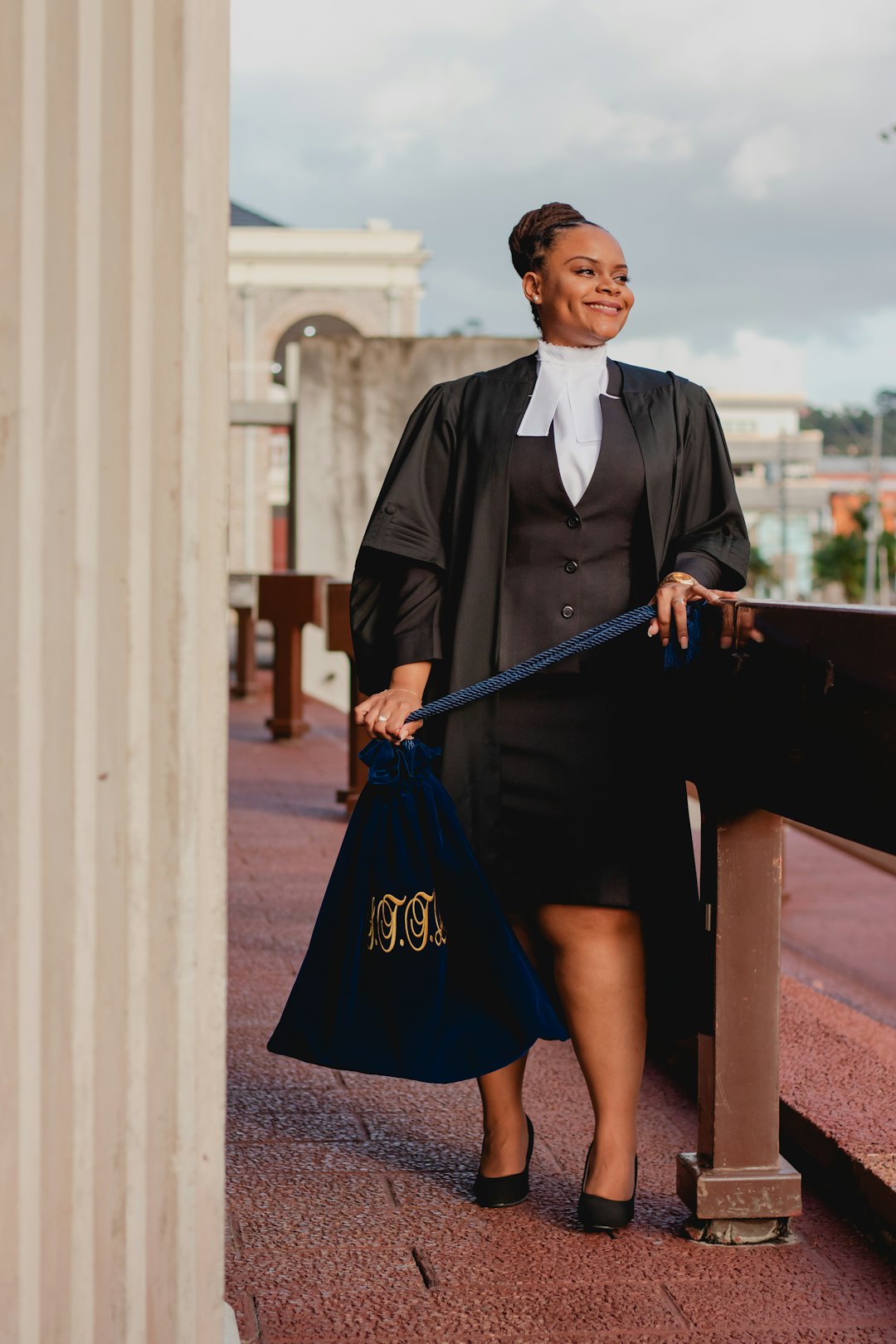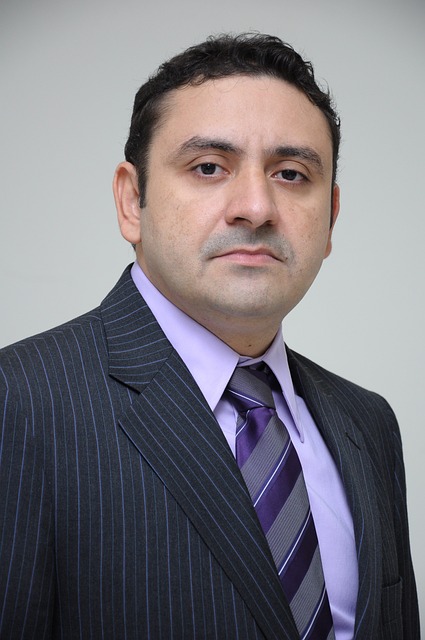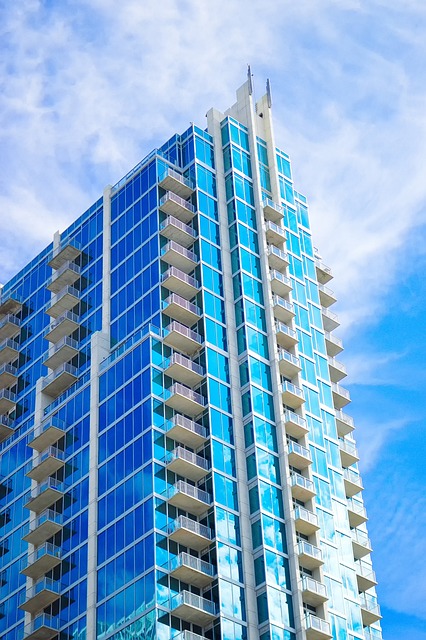Negligence by educational institutions in protecting students from sexual abuse, including inadequate background checks and staff training, can lead to legal action via a school abuse law firm in Tampa, FL. Florida laws, such as the Solema Act, govern these cases, requiring proof of duty, breach, and causation. Victims seeking justice and compensation for trauma caused by negligence in schools can pursue civil litigation against both individuals and institutions.
In the sensitive context of school sexual abuse, understanding negligence plays a pivotal role. This article delves into the intricate web of legal responsibilities, focusing on the role of schools and their potential liability through negligence. We explore how a school abuse law firm in Tampa, FL, navigates the legal framework surrounding these lawsuits. By examining real-world scenarios, we highlight the impact of institutional neglect and the crucial need for schools to prioritize student safety.
Understanding Negligence in School Settings
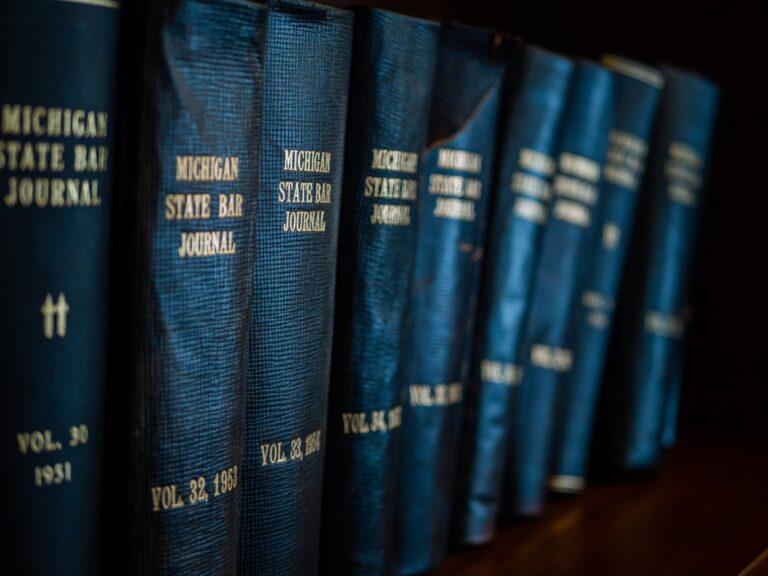
In the context of school sexual abuse lawsuits, negligence plays a pivotal role in holding educational institutions accountable. Understanding negligence in school settings involves recognizing the duty of care that schools owe to their students and the consequences of failing to uphold this standard. A school abuse law firm in Tampa, FL, will often argue that institutions were negligent in protecting students from harm, particularly when it comes to sexual misconduct by staff or third parties.
This includes allegations of inadequate background checks, failure to implement and enforce strict visitor policies, and lacking training for staff on recognizing and responding to potential abuse. Parents and victims may pursue legal action if they believe these oversights contributed to the creation of a dangerous environment, ultimately leading to the sexual abuse of a student. Such cases require meticulous investigation and a thorough understanding of both state laws regarding child protection and the specific policies and procedures of individual schools.
Legal Framework for Sexual Abuse Lawsuits

In Florida, including Tampa, the legal framework for sexual abuse lawsuits, particularly involving minors in educational institutions, is governed by stringent laws designed to protect victims and hold perpetrators accountable. A school abuse law firm in Tampa FL is well-versed in navigating these complex regulations, which often involve civil litigation against both individuals and institutions responsible for the abuse. Key statutes like Florida Statute § 768.44, also known as the “Solema Act,” establish guidelines for bringing legal action against government entities and employees for negligence or intentional acts of sexual misconduct.
These laws set forth specific time limits for filing lawsuits, requirements for notice to defendants, and standards of care that schools and their staff must uphold. A successful plaintiff must prove that the defendant owed a duty of care, breached that duty through negligent or intentional actions, and that this breach directly caused the victim’s harm. This framework ensures that victims have a legal avenue to seek justice and compensation for the physical and emotional trauma suffered as a result of sexual abuse within a school setting.
The Impact and Responsibility of Schools
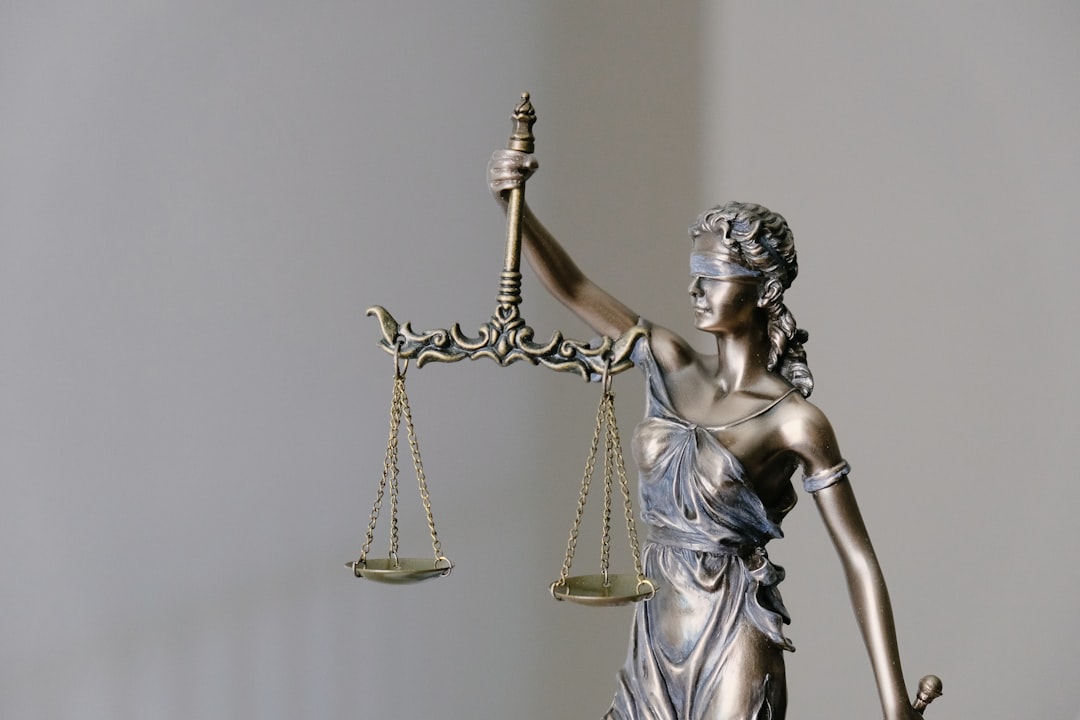
Schools play a pivotal role in protecting their students from potential harm, including sexual abuse. When negligence on the part of school authorities or staff members results in such incidents, it can have devastating consequences for the victims and their families. A reputable school abuse law firm in Tampa, FL, understands that these cases often involve complex legal aspects, emotional turmoil, and a need for justice and accountability.
Institutions have a legal obligation to maintain a safe learning environment. Negligence may occur through failure to implement proper safety protocols, inadequate background checks on staff members, or turning a blind eye to suspicious behaviors. Such oversights can create opportunities for predators to exploit vulnerable students. Consequently, when school-related sexual abuse occurs, victims may have grounds to seek legal redress against the responsible parties, holding them accountable while also ensuring justice for the affected individuals.

